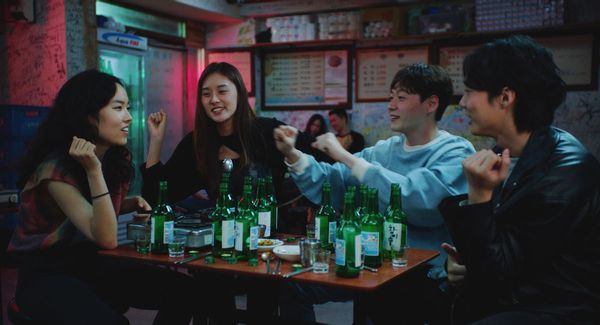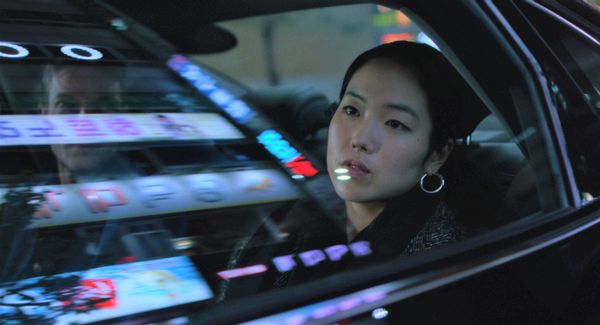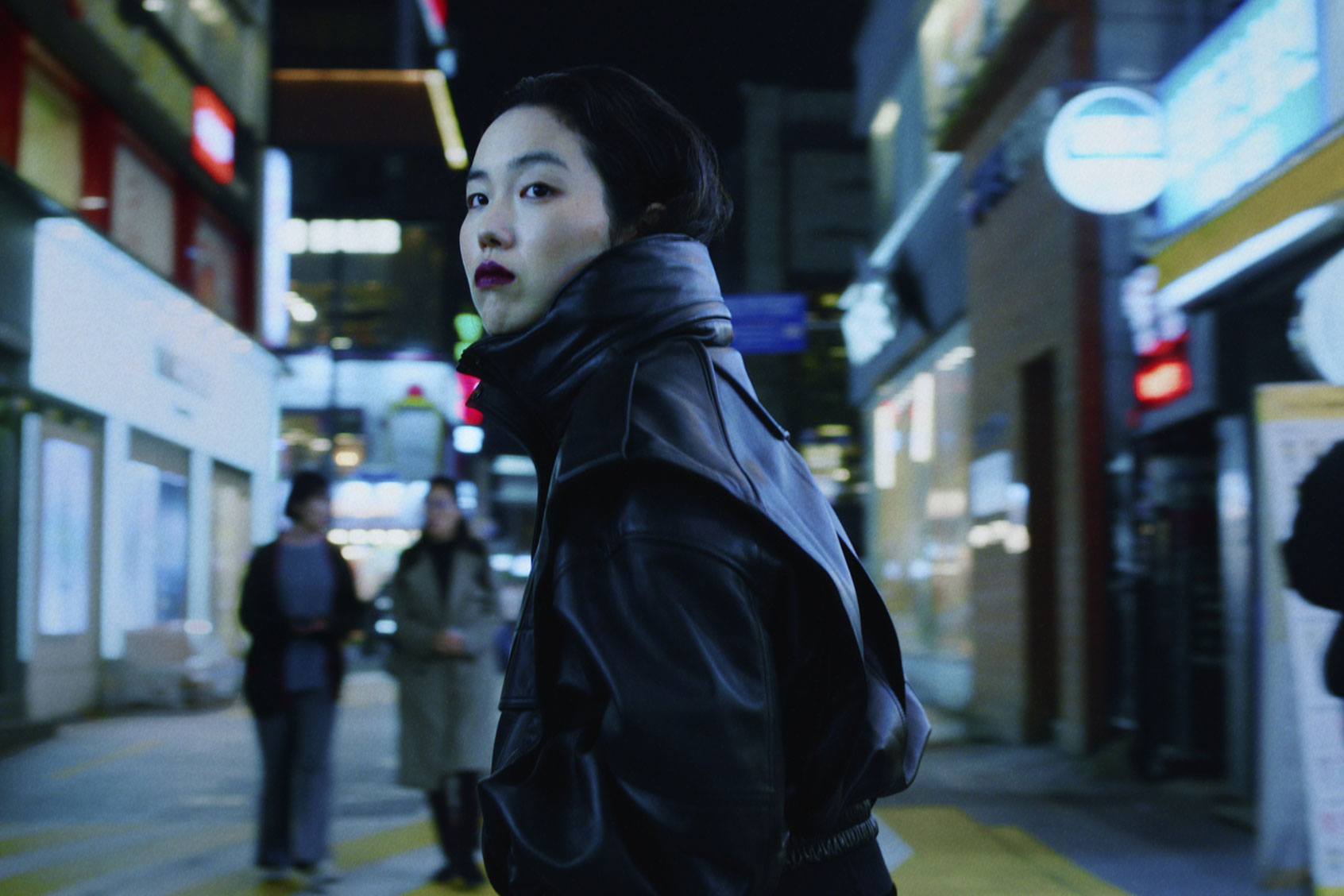Don’t believe the K-dramas: Look to “Return to Seoul” for a more realistic view on Korean adoptees
Adoption is a recurring theme in Korean dramas, often used as an emotional plot device that has little to do with reality. It usually goes something like this: fictional transracial adoptees who grew up overseas return to South Korea for whatever reason the storylines dictate. This is played out in popular shows like “Vincenzo,” where Song Joong-ki’s titular character is a Mafia-raised adoptee who returns to Korea in search of gold (literally). And in this year’s “Love in Contract,” Park Min-young’s character is adopted by Korean parents, who ship her off to the United States before summoning her back to Seoul to marry into a rich conglomerate’s family. These K-dramas all share a common trait: despite having been raised overseas in countries where Korean isn’t the dominant language, these adoptees return to their birth country miraculously speaking fluent Korean and fitting right into Korean culture. It’s almost as if they had never left their motherland.
In the superb “Return to Seoul” – which is Cambodia’s Oscar entry for the Best International Film category – French Cambodian filmmaker Davy Chou (“Golden Slumbers”) takes a deeper look at what it means to be one such adoptee. While some of the narratives – like finding your birth family in days, or even meeting a Korean who can speak with you in a language other than Korean fluently – almost never happen in real life, the story rings true more often than not because of its candid and bittersweet insights.
The story itself is loosely based on Chou’s first trip to Korea, where he traveled with an adoptee friend reuniting with her first family. He recalled witnessing “the depth of contradictory emotions” between his friend and her family. With that perspective, Chou wrote a screenplay addressing adoption in a way that rarely makes it into K-dramas, which tend to use adopted children as cinematic tropes.
When we first meet Frédérique Benoît, she is befriending a Seoul hostel clerk. Both young women are in their mid-20s and are fluent in French – Freddie (Park Ji-Min), because she grew up in Paris with her adoptive parents, and Tena (Guka Han), who learned the language from her linguist mother. This nod to a common language serves as a buffer for Freddie’s initial inability to speak any Korean beyond annyeonghaseyo (hello).
 Park Ji-Min in “Return to Seoul” (Thomas Favel/Sony Pictures Classics)
Park Ji-Min in “Return to Seoul” (Thomas Favel/Sony Pictures Classics)
Early on, we learn that Freddie originally had planned to take a two-week trip to Japan. But when weather conditions derailed that trip, she chose South Korea . . . on a whim. This is what she tells her mother, who can’t hide her disappointment, on a video call. This return to Seoul was supposed to be a trip they took together. First-time actor Park is so good at conveying Freddie’s complex feelings that her facial expressions channel everything we need to know. Yes, Freddie feels a little guilty for disappointing her mother – who she loves – but she also reveals a flash of frustration. Some adoptees may never want to return to their birth country, while others may wait years or decades before feeling ready to do so. Whatever their choice, it’s an incredibly personal decision that shouldn’t be co-opted by adoptive parents who want to center themselves in the process. This is something adoptees often stress. No matter how loving their adoptive parents are, adopters cannot understand the complex feelings of their adopted children.
South Korea has one of the longest histories of sending babies away for adoption. Since 1953, approximately 200,000 children have been sent overseas, earning the country the dubious distinction of being baby exporters. Some of the film’s storylines play out too much like a fairy tale. Within a day or so after arriving in Seoul, and without her biological parents’ names or any paperwork from her adoption – and just one lone photo of her as a baby – Freddie manages to find the South Korean agency that handled her adoption. That agency tracks down her birth father, who is eager to see her again. In reality, less than 15% of South Korean adoptees are reunited with their first families, according to statistics released by the South Korean government.
When Freddie is invited to spend a few days with her birth father and his new family, she is overwhelmed by feelings of what it means to be a part of this lineage that is foreign to her. There is culture shock, but there’s also the uncertainty of having missed out on a different life because of decisions that were made for her.
Her father and grandmother view Freddie’s return to Korea as forgiveness and her desire to belong to their family. Indeed, her father – played by the veteran actor Oh Kwang-rok – essentially love bombs her from the get-go. It’s not long before she is overburdened by this man’s guilt-ridden and patriarchal expectations to move back to Korea, marry a Korean man, and learn to speak Korean. Life will be easier for her, he tells her. Freddie stares at him stunned. The obvious question to everyone but him is: easier for whom? “I’m French,” she tells him. Her home and family are in France. Asking her to uproot herself may help alleviate some of his own sorrow, but won’t help Freddie.
Her grandmother is also riddled with guilt. She cries inconsolably and thanks God that Freddie had a good education in France. But she also thanks God for forgiving them for giving up Freddie for adoption. Once again, her comment is centered on her family, exclusive of Freddie. Their choices – however well-intentioned they may have been at the time – left Freddie without a piece of her vital history. Yet her forgiveness of them is assumed. From the grandmother’s perspective, the loss was theirs, not Freddie’s. They lost a baby when she was adopted. But she had the privilege of growing up in Europe with parents who could afford to take care of her.
 Park Ji-Min in “Return to Seoul” (Thomas Favel/Sony Pictures Classics)
Park Ji-Min in “Return to Seoul” (Thomas Favel/Sony Pictures Classics)
Park is a revelation in her acting debut. A peripheral character describes Freddie as looking old-school Korean, which is a roundabout way of saying she is attractive, but in an ordinary way. But it’s this so-called ordinary face of hers that is so captivating to watch, as she silently observes her surroundings.
“Return to Seoul” reflects on eight years in Freddie’s life, starting at 25 with time-jumps at various intervals. At 32, she finally is reunited with her birth mother, whose current life may be ruined if she acknowledges to her family that she has another child. The tearful meeting ends with her mother sharing her email address with Freddie.
On her 33rd birthday, Freddie is on a solo trip in Europe. Earlier, she had wondered if her birth mother thinks of her on the day she gave birth. In one of the final scenes, we see Freddie sending her a short note via email. Her unspoken wish is for her mother to acknowledge her on her birthday. Seconds later, a message pops up that the email address is no longer valid.
Want a daily wrap-up of all the news and commentary Salon has to offer? Subscribe to our morning newsletter, Crash Course.
Whatever closure she had hoped for remains unfulfilled, circling back to the uncertainty that too many real-life adoptees face. Experts, as well as adoptee friends, have said that the search for birth parents isn’t as simple as finding them or not. Even the best-case scenarios would benefit from talking issues through with a therapist beforehand and most definitely afterward. And while a search might result in learning that the birth parents have already died, that’s not the worst-case scenario. For one friend, it was being told that her biological mother wanted nothing to do with her, a feeling that she describes as a hole in her heart that can’t be fixed.
In its own way, “Return to Seoul” addresses what few K-dramas have been successful at accomplishing. Freddie is an imperfect adoptee who can’t speak the language, won’t adhere to the rules of Korean etiquette, and is reticent to forgive the unforgivable. The life she builds for herself is her success story, which is a testament to her growth and resilience.
Read more
about this topic

